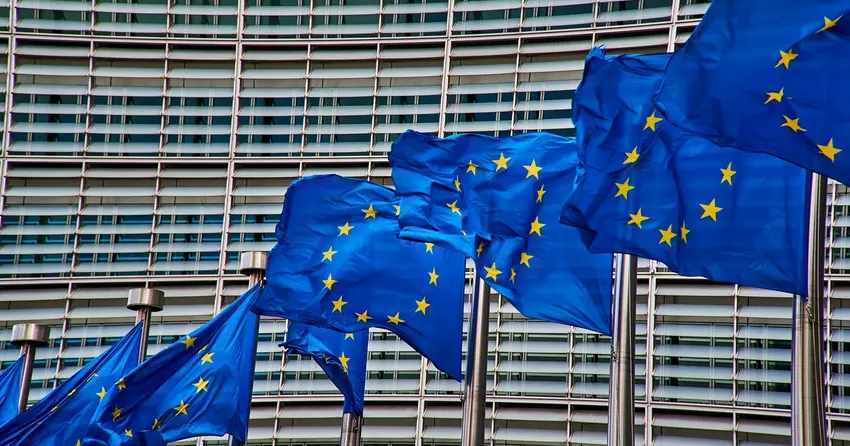
EU Fines Meta and Apple €700 Million Over Antitrust Practices
On April 22, the European Commission issued combined fines totaling €700 million (around $800 million USD) to Meta and Apple for violating the Digital Markets Act (DMA). Meta has criticized the move, calling it a “tariff” on an American business.
The €500 million fine on Apple is due to the company’s breach of its anti-steering obligation under the DMA. Under the act, Apple’s App Store must give developers the option, free of charge, to inform customers of alternative offers outside of Apple’s proprietary store and allow them to make purchases that circumvent the App Store’s additional fees.
The Commission had previously fined Apple €1.8 billion over similar anticompetitive practices, finding that the company set unfair restrictions on developers trying to inform users about alternative subscription costs outside its App Store.
As for Meta, the Commission issued a €200 million fine on Facebook and Instagram’s “pay or consent” model. This model forces users to pay for a subscription if they don’t want their personal data to be used to serve them personalized ads. The Commission is still deliberating whether Meta’s proposed “less-personalized ads” option presents a viable alternative.
The Commission also fined Meta last year over €797 million for anticompetitive practices. Though both companies have been in the crosshairs of the Commission before, these fines also set a precedent. “Today’s decisions taken against Apple and Meta are the first non-compliance decisions adopted under the DMA,” reads the Commission’s statement.
Representatives for both companies have expressed disagreement over the Commission’s move, linking it to the ongoing trade conflict between the US and the rest of the world.
Joe Kaplan, Meta’s chief global affairs officer, accused the Commission of trying to “handicap successful American businesses.” An Apple spokesperson echoed this view, describing the decision as “yet another example of the European Commission unfairly targeting Apple.”
However, the Commission denies any bias in its decision. “We don’t care who owns a company. We don’t care where the company is located,” said Thomas Reigner, a Commission spokesperson. “Be it a Chinese company, be an American company, or be it a European company, you will have to play by the rules in the European Union.”















